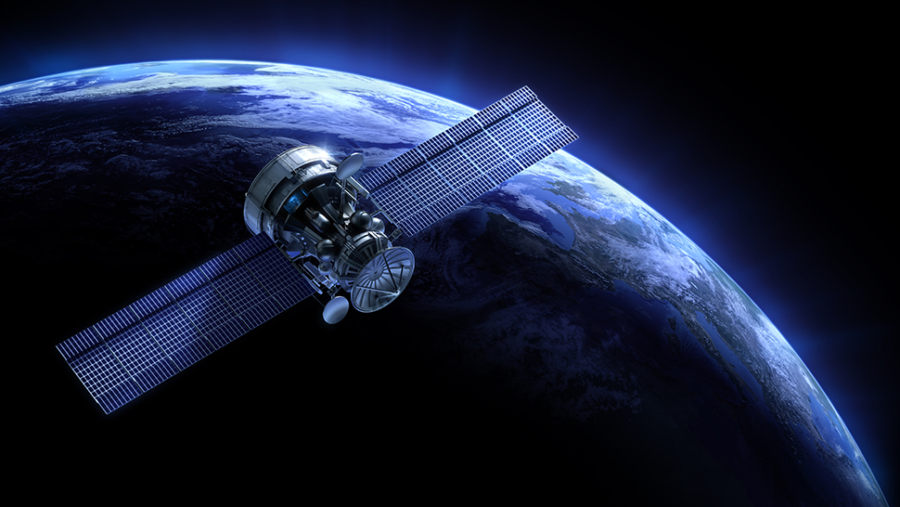

The UK’s role in man’s mission to space can fairly be described as supporting. Often it is the brightest minds that provided the engineering know-how to astronauts or the understanding of our cosmos that made headlines for other nations, from Tecwyn Roberts to Stephen Hawking. In Boris Johnson’s words “When it comes to getting off the ground, we contribute to the work of others rather than take the lead ourselves.” It is precisely that position that the National Space Strategy, a new government initiative announced last month aims to change, empowering the UK within the competitive global space industry to rival the USA, Russia, India and China.
For many, space technology means the grainy black and white images of Neil Armstrong in 1969, but in reality, we all engage with space technology on a daily basis. From the navigation tools on your smart phone to simply checking the weather, you are receiving information from space.
Space technology keeps us connected with friends and family, monitors climate change and helps to keep our troops safe abroad. In the UK, the space sector is already a significant contributor to the £350bn global economy and supports more than 45,000 jobs in this country.
This is precisely why getting the space strategy right could reap real rewards. It could increase the UK’s share of the global industry (which is predicted to grow to £490bn by 2030) and accelerate the emergence of innovations that could transform how we live and how we interact with the world around us. Our pedigree in science and technology is unquestionable and the National Space Strategy aims to unite the capability under five goals. Those goals are to:
- Grow and level up our space economy
- Promote the values of global Britain
- Lead pioneering scientific discovery and inspire the nation
- Protect and defend our national interests in and through space
- Use space to deliver for UK citizens and the world
As with any opportunity, there are risks. The space race, formerly associated with the US and Soviet Union during the Cold War, now presents modern challenges. As more nations attempt to capitalise on the opportunities in space, including geopolitical rivals such as Russia and China, it is likely we will experience attempts to deny or interrupt our use of these technologies. We must develop means of protecting our space interests – a key challenge for our defence and security industry, military and intelligence agencies.
The industry must respond to the fourth goal, driving forward innovation in telecommunications, cyber security and risk detections to protect and defend our interests in space and their impact on our day to day lives. The UK’s first Defence Space Portfolio is set to be delivered which will include some £5bn in investment over 10 years in improving the military’s satellite communications network and £1.4bn in developing new technologies. Investment will help the UK to protect against jamming, cyber-attacks, espionage and anti-satellite missiles; critical to maintaining our way of life.
The National Space Strategy is a pillar of the UK’s ambition to be a science and technology superpower by 2030, as announced in the Integrated Defence Review “Global Britain in a Competitive Age”.
Richard Morgan, our head of defence, security and the forces, said: “This strategy will ensure investment and innovation that will benefit us all but in particular, help UK forces protect our way of life. I have the great pleasure of advising entrepreneurs and innovators who achieve some of the UKs most ambitious goals and look forward to meeting those driving forward the space strategy.”










